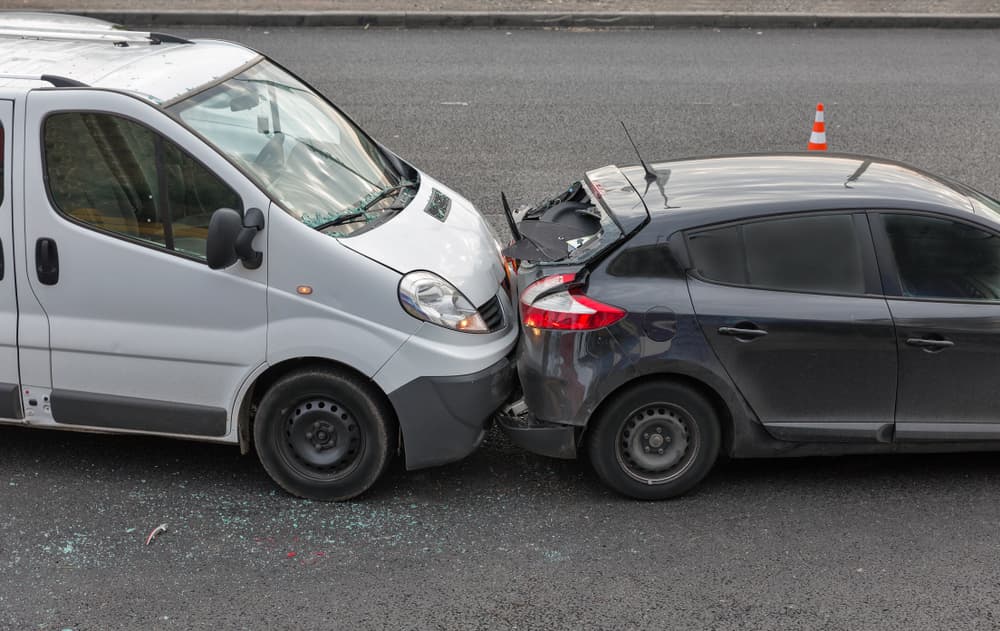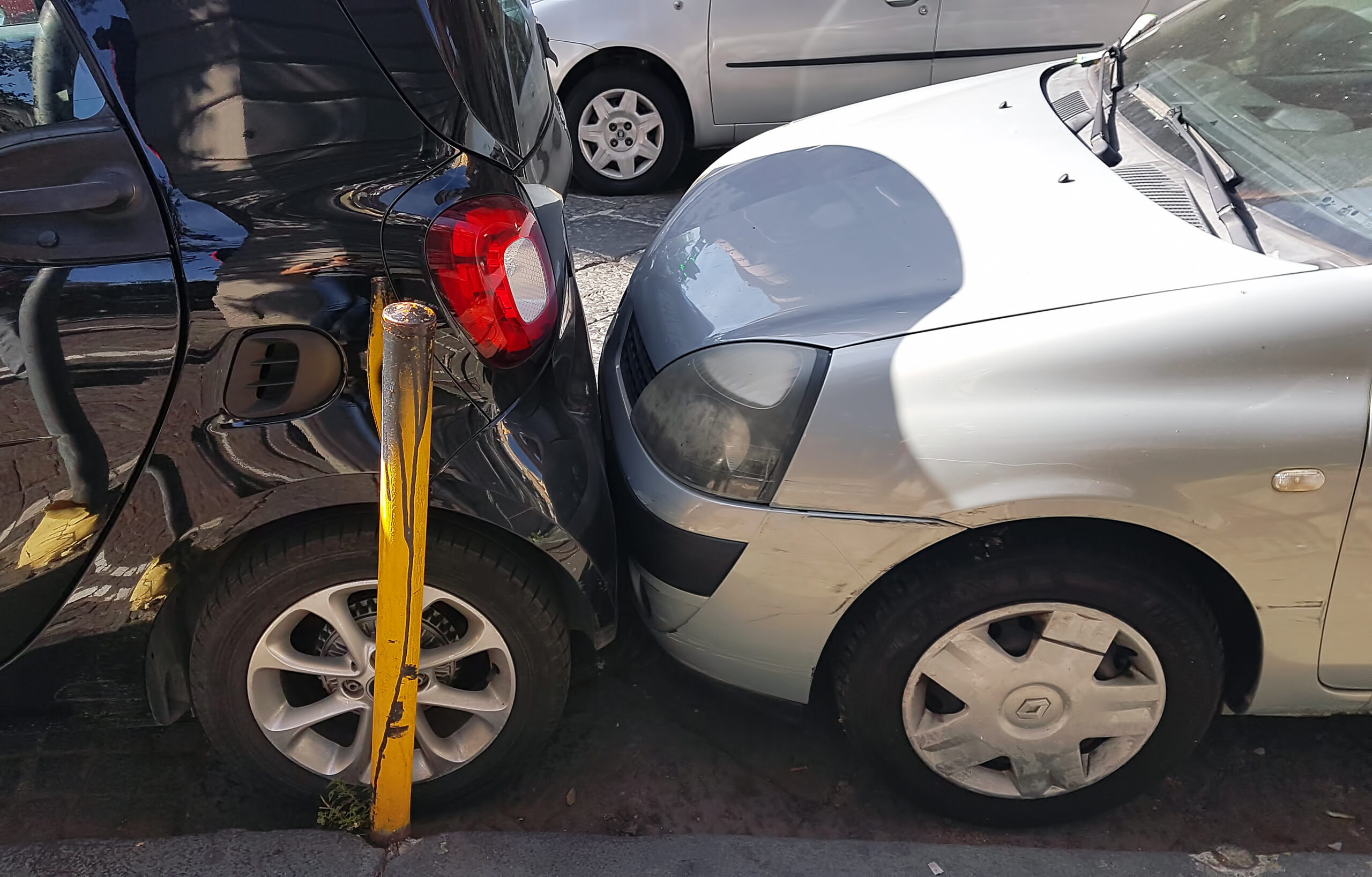Driverless Cars to Hit the Streets in 2019
According to a recent article published by
National Public Radio, General Motors has reported that it is now ready to mass-produce a self-driving motor vehicle with an Automated Driving System – or ADS. The vehicle is expected to be entirely self-driving and will not have a steering wheel, gas pedal, brake pedals, or any other manual controls that today’s drivers are accustomed to seeing. The vehicle model – a fourth-generation Cruise AV – is expected to hit the streets in the year 2019, pending approval by the
United States Department of Transportation.
GM has stated that their new vehicles will comply with all safety requirements, other than those which contemplate a human driver – such as the presence of a steering wheel airbag. In lieu of satisfying these requirements, GM has requested a waiver from the Department of Transportation. The vehicle will maintain a conventional design, including two rows of forward-facing seats, as well as a center dashboard. As far as available safety features, a human passenger will be able to stop the vehicle by making a stop request. After initiating the stop sequence, the vehicle will pull over to the side of the road at the next available space.
GM is currently testing these driverless vehicles in the suburbs of San Francisco and New Mexico. Along with GM, Mercedes-Benz and BMW are also expected to introduce new driverless models by the year 2022.
In addition to the added safety features associated with driverless vehicles, these vehicles will likely present new challenges and dangers. For example, the driverless system may malfunction, fail to recognize a roadway obstruction, or pull the vehicle over to an unsafe area. Even with today’s advanced automobile safety features, individual drivers still have to operate their vehicles with no better “personal equipment.” That is, they must still use their eyes and ears. When drivers fail to operate their vehicles in a safe, prudent, and careful manner, and when safety features malfunction, accidents can still occur. If you have sustained injuries in a motor vehicle collision that was caused by someone else, the personal injury lawyers at Abels & Annes, P.C. may be able to help you recover the compensation you need and deserve.
Advanced Safety Features on Automobiles
Automobile technology is constantly evolving. The driver assistance technology that is available on today’s vehicles saves lives and helps to prevent serious accidents and injuries. Today’s advanced automotive technologies assist motor vehicle drivers with the following:
- Keeping drivers from making unsafe lane changes or drifting into adjacent travel lanes
- Warning drivers of the presence of other vehicles behind them when they are backing up
- Stopping drivers’ vehicles if the vehicle ahead of them stops short
These new technologies use a combination of sensors, mirrors, cameras, and radar to warn motor vehicle drivers of impending dangers, helping them to avoid serious crashes.
How a Fully Automated Driving System Will Work
There is no question that driverless cars with fully automated driving systems will become a reality in the very near future. Self-driving vehicles, including those which are expected to be manufactured by GM, BMW, and Mercedes-Benz, will progress through several levels of automation in the years to come. These levels will range from no automation, where a driver is required at all times to perform the relevant driving tasks, to complete automation, where the vehicle operates itself completely – without any assistance from a human driver. Even where full automation is available, a human driver will still have the option of being able to control the vehicle.
Safety Benefits of Motor Vehicle Automation
When people operate motor vehicles, they are largely responsible for what happens to the vehicle. In other words, a car is not going to move faster than the driver makes it move. Total vehicle automation obviously eliminates or lessens the need for a human driver, thereby removing human error from the safety equation. In addition to preventing collisions with other motor vehicles, these automated systems will also prevent (or significantly lessen) collisions with cyclists and pedestrians who are located on or near the roadway. These systems will also benefit the elderly, as well as individuals with disabilities, providing them with new mobility options and opportunities.
Economic Benefits of Full Automation
Whenever a driver or a passenger is involved in a motor vehicle accident, there are serious economic consequences – both for the driver and for others. For example, the accident victim may need to seek medical treatment and incur hefty medical bills in order to recover. Accident victims may also need to take time off work, resulting in lost productivity to their employer. Finally, victims of serious car accidents often suffer quality of life damages and become less able to contribute to society. By significantly reducing – or eliminating – these high costs, total vehicle automation can potentially save money across the board.
The Legal Effects of Total Vehicle Automation
One of the most commonly raised questions pertaining to total vehicle automation is who will be responsible for a motor vehicle crash which may occur. Unfortunately, this question does not yet have a direct answer, since vehicles with fully automated driving systems have not yet been made available to the public. It is expected that in the coming years, lawmakers and policymakers will address these concerns – including the question of who can potentially be liable for these crashes.
Call a Chicago Personal Injury Car Accident Lawyer today if you have been injured in an Accident
Although fully functioning driverless cars are just on the horizon, they are not yet available to the general public. Even with the widespread availability of advanced motor vehicle safety features and technologies, serious accidents can (and still do) happen. Moreover, the individuals responsible should be held accountable for the injuries and damages they cause.
The personal injury lawyers at
Abels & Annes, P.C. understand the pain and disruption to your life that a serious motor vehicle accident can cause. Our attorneys can review your case and may be able to pursue monetary recovery on your behalf. To schedule a free legal consultation and case evaluation with a
Chicago car accident lawyer, please call us today at (312) 924-757 or
contact us online.
David Abels
Partner
David Abels has carved a niche for himself in the personal injury law sector, dedicating a substantial part of his career since 1997 to representing victims of various accidents. With a law practice that spans over two decades, his expertise has been consistently recognized within the legal community.
Author's Bio



